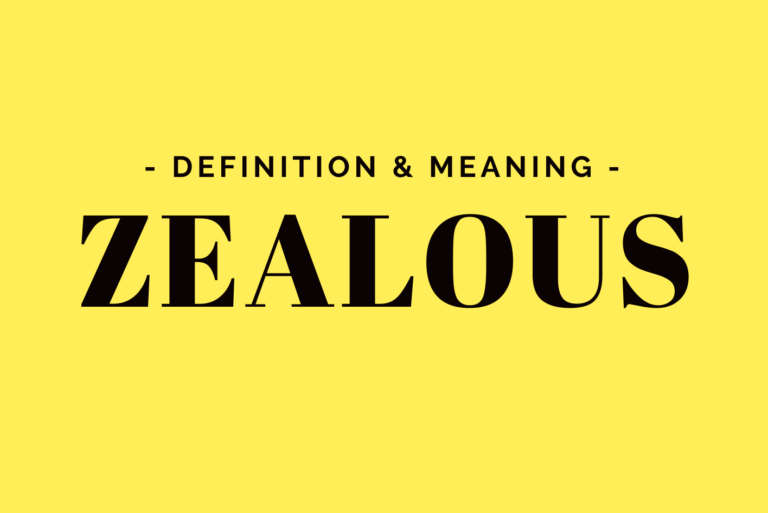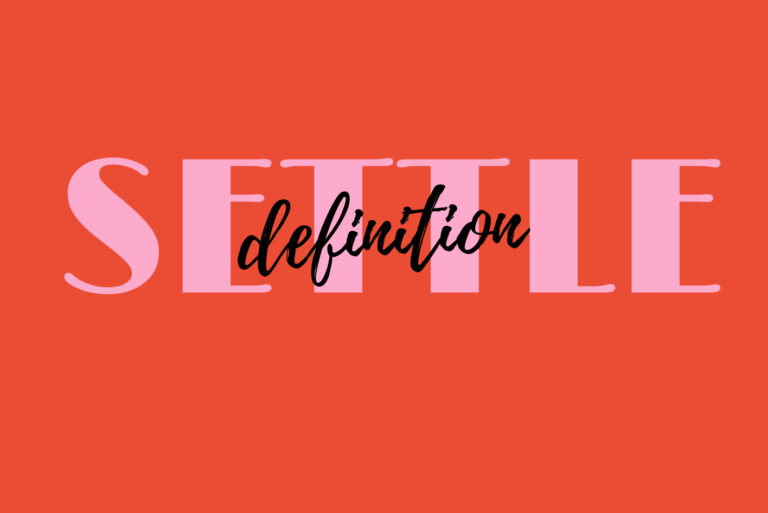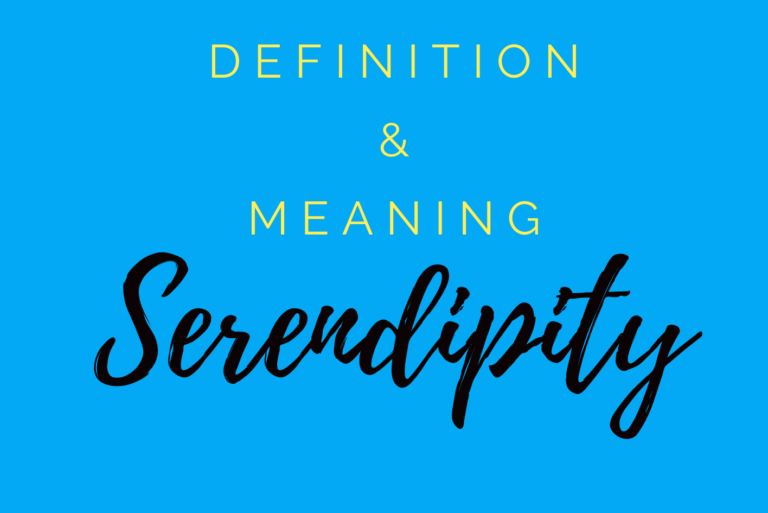Fall Down 7 Times, Get Up 8: Exploring Resilience
We all know that life doesn’t always go the way we want it to, unfortunately. At times, we experience failure, setbacks, and obstacles. Occasionally, life throws us curve balls, and we must accept defeat. However, failure is a learning opportunity. It is what we do after we fail that matters the most. Getting back up after we have been knocked down is crucial–that is resilience. We can find resilience in many parts of our daily lives. It is an amazing quality to develop and can help you follow your dreams. Let’s find out what it means and how we can incorporate it into our vocabulary and our personalities.
Definition
- Ability to Return to Original Shape (Physics)
In the science world, resilience is used to measure the strength of objects in physics. It is a material’s ability to return to its original shape after stress or force is placed upon it. When you try to bend a piece of metal, does it stay in its original shape, or does it become deformed? High-resilience metal will not bend much under the pressure. Objects that have a high resilience are key in engineering and are used to build structures that have to take on heady loads frequently, for example, bridges and airplanes.
- Ability to Recover from Failure (Personality Trait)
Just as a piece of metal, people have the ability to recover from failure and return to their original conditions after the stress of life has been placed upon them. Think about how you react to adverse situations. Do you give up? Or do you shake it off and adapt to the new circumstances? If you answered the latter, you can describe yourself as resilient! People who are resilient do not allow trauma or tragedy to defeat them. Instead, they embrace these challenges and transform them into a learning experience. This takes a lot of courage and strong will.
Etymology
The roots of “resilience” lie in Latin. It was formed as a combination of two words: “re” (meaning “back”) and “salire” (meaning “to jump”). Therefore, the combined outcome, “resilire,” literally means “to jump back.” In the 1600s, this word made its way to the English language and was used among scientists to describe the strength of materials. From there, psychologists took an interest in this definition and adopted it as a term to describe strong and adaptive individuals. Nowadays, unless you are a physicist or an engineer, it is most likely that you will see and use “resilience” in the personality trait context.
Various Forms and Example Sentences
Resilience (noun):
E.g., “Small business owners in the food industry showed incredible resilience during the COVID-19 pandemic, as they adapted by offering contactless delivery and take-out options.”
Resilient (adjective):
E.g., “The aspiring young actress remained resilient, even after being rejected over and over again at auditions.”
Resiliently (adverb):
E.g., “After the devastating damage caused by the massive earthquake, residents worked resiliently to restore their homes and communities.”
Synonyms
Next, we will look at some words that are close in meaning to “resilience” and their slight variations in nuance.
Toughness
Toughness is similar to resilience in the sense that both words imply not breaking under pressure. However, toughness emphasizes the stubborn element of refusing to break, while resilience focuses on the aftermath of failure and the recovery that follows.
Persistence
Persistence is the quality of staying on the same course despite failure or opposition. It focuses on not deviating from the path you are on because you truly believe in your heart that it is the best path for you. On the other hand, resilience embraces any changing circumstances and helps you find a way to adapt and try new avenues.
Perseverance
Perseverance is very similar to persistence, with one small difference in nuance. While persistence simply talks about trying again and again, perseverance adds a positive connotation with its definition of praise-worthy dedication and commitment to your goal. Perseverance symbolizes a higher level of motivation than persistence. Once again, both of these words differ from resilience since they do not focus on the recovery process.
Grit
Just as in the examples before, grit also focuses on the overall journey rather than the adaptability or recovery. Grit represents passion in our commitment to success. In addition, grit is often used in more long-term concepts, such as pursuing a life-long dream.
To sum up, resilience is an essential quality to have if you want to succeed. Through all of life’s ups and downs, it is important to remember that failure is temporary, and success does not happen overnight. We hope that you can see the power and flexibility that this word embodies and how it shapes us as individuals. Go forth and be resilient in your English studies!






